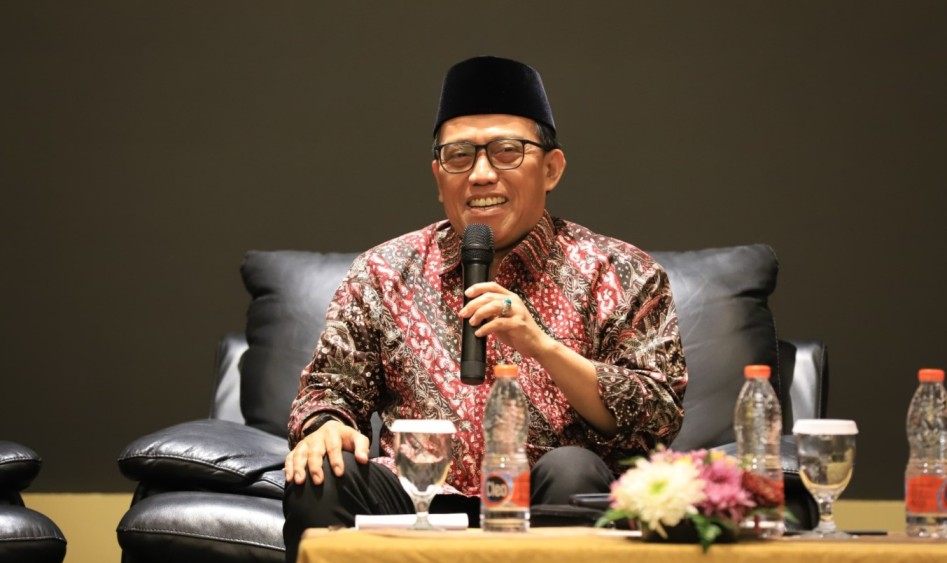Indonesia to build 600 megawatt bioenergy plants by 2030

Jakarta (Indonesia Window) – The Indonesian government plans to add up to 600 megawatts of bioenergy power plants by 2030 to increase the clean electricity mix while supporting national energy security.
“In addition to solar power, bioenergy power plants also have great potentials for mass development. Over the next nine years our target is to add 600 megawatts,” Director General of New and Renewable Energy and Energy Conservation at the Ministry of Energy and Mineral Resources Dadan Kusdiana said in a statement in here on Friday (Jan. 28).
According to him, Indonesia has great bioenergy potentials because it is based on agriculture with fertile soils where bioenergy sources can be developed into base load generators to produce electricity continuously.
Data from the Ministry of Energy and Mineral Resources indicated that the installed bioenergy electricity capacity in Indonesia reached 1,920 megawatts in 2021.
A bioenergy-based power plant is Indonesia’s third largest electricity capacity of renewable energy after hydro and geothermal with capacities of 6,601 megawatts and 2,276 megawatts, respectively.
Bioenergy is the most complete clean energy source because it can produce electricity as well as fuel, replacing fossil fuels.
Bioenergy optimization through biogas in Indonesia has the potential to substitute 68 percent of natural gas demand and reduce emissions by 12.1 percent.
In addition, the development of biogas from organic wastes will also have a positive impact on the domestic economy by opening at least 160,000 job opportunities.
Currently, the Indonesian government has developed a strategy to facilitate the development of bioenergy, especially industrial wastes from agricultures and wood processing.
The strategy was formed through the cooperation of the Ministry of Energy and Mineral Resources and the Ministry of Environment and Forestry, as well as the German Government’s Nuclear Security.
Reporting by Indonesia Window

.jpg)








